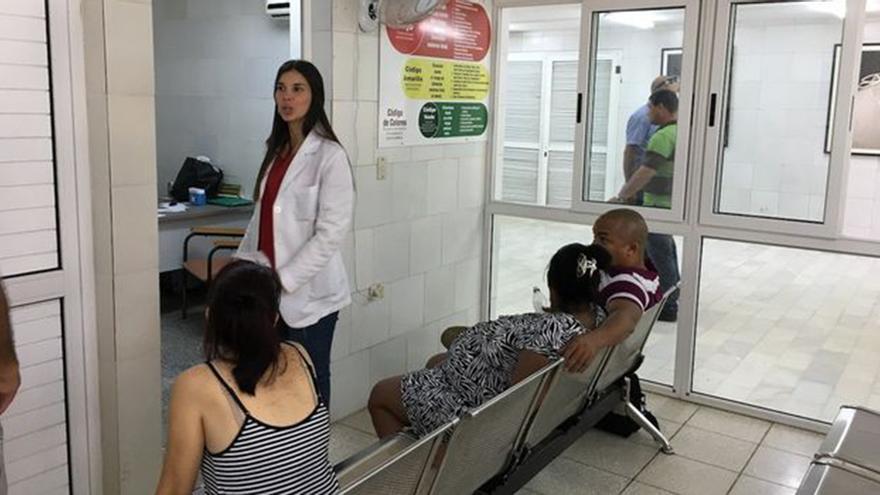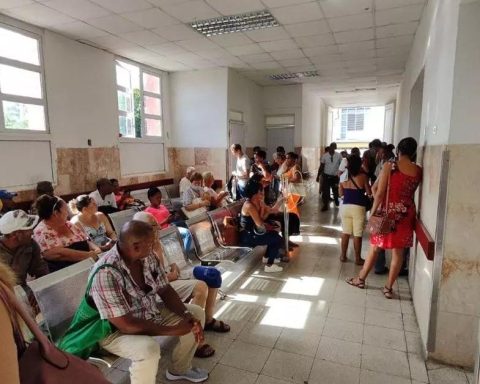
(EFE).- Abortions and menstrual regulations have increased by 14 percentage points between 2009 and 2022 in Cuba, according to the National Fertility Survey released this Wednesday in official media.
The study, which included 12,093 people (6,471 women and 5,622 men) between the ages of 15 and 54, interviewed in April 2022, showed that close to 35% of unwanted pregnancies on the Island ended in abortions or menstrual regulations (emptying of the uterus before a foul).
The last survey of this type carried out in Cuba dates back to 2009, when 21% of women of the same age range stated that they had resorted to terminating their pregnancy.
The 2022 study, carried out by the state National Office of Statistics and Information (Onei) with the support of UN agencies based in Cuba, also points out that 25.6% of the respondents said that they carried their pregnancy to term despite of not having wanted it.
Abortion has been legal in Cuba since 1965, although some experts have warned that the use of this practice as a contraceptive method can be considered a health problem.
The survey also showed that 20% of women became pregnant at least once before the age of 18.
The 2022 National Fertility Survey also reflects a low fertility rate among women between the ages of 15 and 49 and an increase in adolescent pregnancies.
According to their results, Cuban women have an average of 1.14 children, the lowest rate in the region (where the average is 1.85, according to the Economic Commission for Latin America and the Caribbean) and equal to that of industrialized countries. low birth rate.
In addition, the study indicates that only 21.2% of those surveyed stated that they plan to have children in general and that percentage drops to 9.3% if they plan to have them in the next three years.
The survey also showed that 20% of women became pregnant at least once before the age of 18, and 15.6% of those between the ages of 15 and 19 have been pregnant.
The research showed that 84% of adolescents became pregnant due to carelessness and 48% due to misuse of contraceptives.
Many women in Cuba postpone or do not contemplate starting a family due to the economic difficulties that the country is going through, from low wages and high inflation to the limitations to access their own home or food, medicine and other basic products. .
________________________
Collaborate with our work:
The team of 14ymedio He is committed to doing serious journalism that reflects the reality of deep Cuba. Thank you for accompanying us on this long road. We invite you to continue supporting us, but this time becoming a member of our newspaper. Together we can continue transforming journalism in Cuba.
















